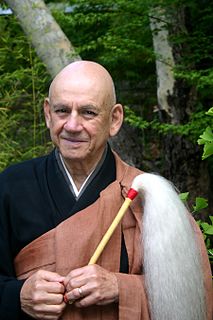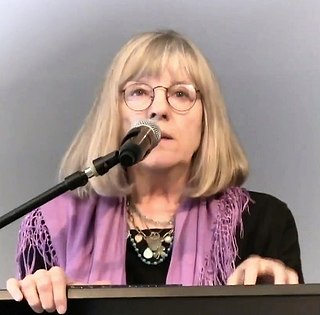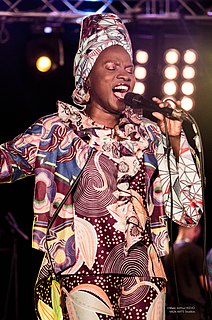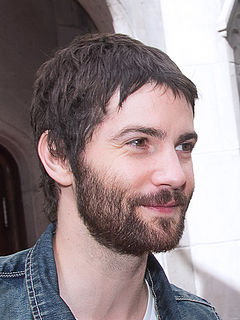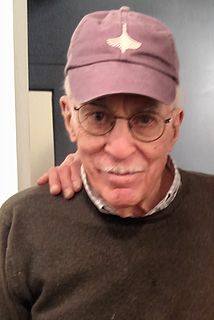A Quote by Mel Weitsman
The way we move within time is a kind of dance. We are always keeping time within one rhythm or another. Music, of course, is exemplary. One reason we love music so much is that it's so complete and the notes harmonize with one another in time to make a beautiful, ideal statement; not like our daily life where the rhythms are more subtle or hard to find or are constantly being interrupted or changed in ways that aren't so easy to handle.
Related Quotes
I've changed my music from time to time so I'm hoping that I can completely change my life from time to time, too. Like live in another land, in another place, and just get completely soaked up in another way of being. Could be in this country or another country, somewhere were you can be reborn a number of times not just creatively, but personally as well. I guess I want to go through life as more than one person.
It [music] has an awakening function. Life is a rhythm. Art is an organization of rhythms. Music is a fundamental art that touches our will system. In Schopenhauer's The World as Will and Idea he speaks of music as the sound that awakens the will. The rhythm of the music awakens certain life rhythms, ways of living and experiencing life. So it's an awakener of life.
Pop music, which I deeply admire and wish I could play better than I can, is based on expressing one mood, one feeling at a time. Classical music is by its very nature involved with different kinds of music, constantly transforming one another, which is more akin to the way our experience of life really is.
Music and time have such an interesting relationship. Music makes time fall away like almost nothing else. You hear a song from another moment of your life and it really is like you're still there. That's why the music of our youth ends up being particularly powerful. The coming of age music that you grab a hold of as the symbol or the expression of your independence and hopes for the future and anger and rebellion or whatever it is you're feeling is so powerful for the rest of your life when you hear it.
I'd been making music that was intended to be like painting, in the sense that it's environmental, without the customary narrative and episodic quality that music normally has. I called this 'ambient music.' But at the same time I was trying to make visual art become more like music, in that it changed the way that music changes.
I call it "being interrupted by success." We had done The Soft Bulletin, which came out in 1999, and we knew we that were gonna make another record before too long. But in between this, we were still in this mode of kind of just - not re-creating what we could be, but kind of doing different things. For the longest time in the Flaming Lips we were like, "Make a record, go on tour. Come back, make another record," and you know, I think, frankly, we were kind of like, "There's more to life than just recording records and going on tour."
This time I read the title of the painting: Girl Interrupted at Her Music. Interrupted at her music: as my life had been, interrupted in the music of being seventeen, as her life had been, snatched and fixed on canvas: one moment made to stand still and to stand for all the other moments, whatever they would be or might have been. What life can recover from that?
Music is made of what we do when we move, and we can only move in certain ways, in certain ranges of tempo because of the inherent constraints that our bodies offer, or you can call them 'affordances' - that's another word for me. It's a little more positive; doesn't make it seem like a limitation, but rather, a set of opportunities. You can say that that's part of music making, but there's also the imagination. The power of the imagination is kind of trumping - sorry to have to use that word.
I've always played music and I've always been in bands and there have been periods in my life where the music has taken a much more front row seat than any acting. For a big period of time the acting work was really a way of raising money to fund my music. And then that all sort of changed around and that's fine.
Baseball's time is seamless and invisible, a bubble within which players move at exactly the same pace and rhythms as all their predecessors. This is the way the game was played in our youth and in our fathers' youth, and even back then ... there must have been the same feeling that time could be stopped.
